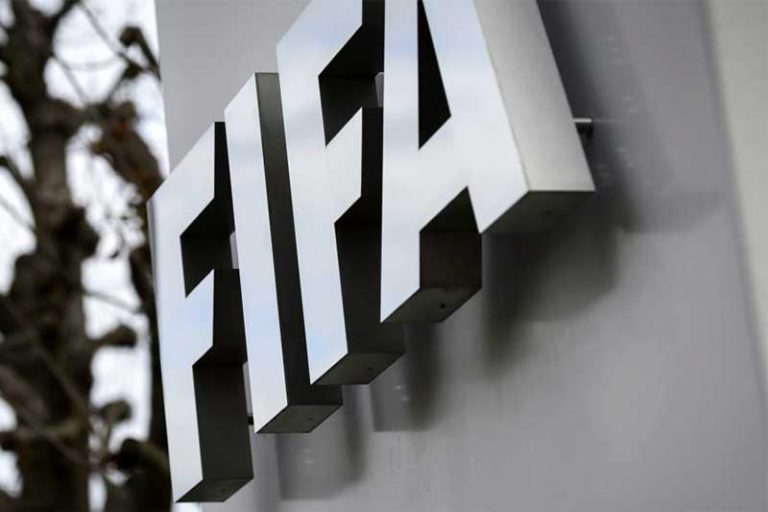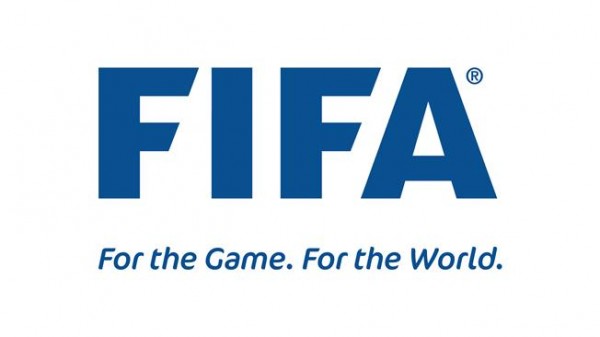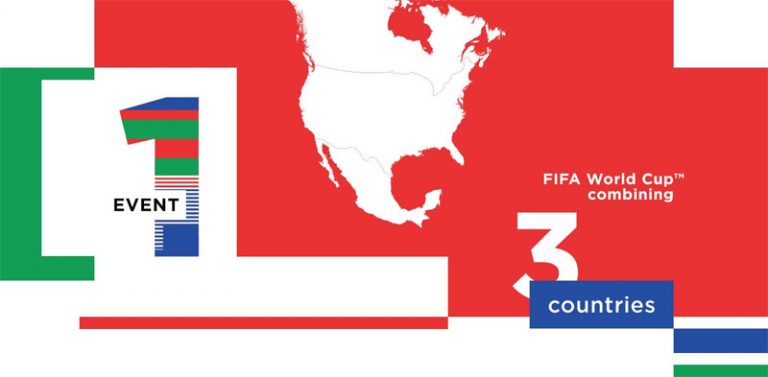Organizers in 17 cities across the United States are waiting for a final announcement from FIFA that will tell them if their cities will stage matches for the 2026 Football World Cup. The final word is expected in April or May with only about 11 of those cities expected to make the list.
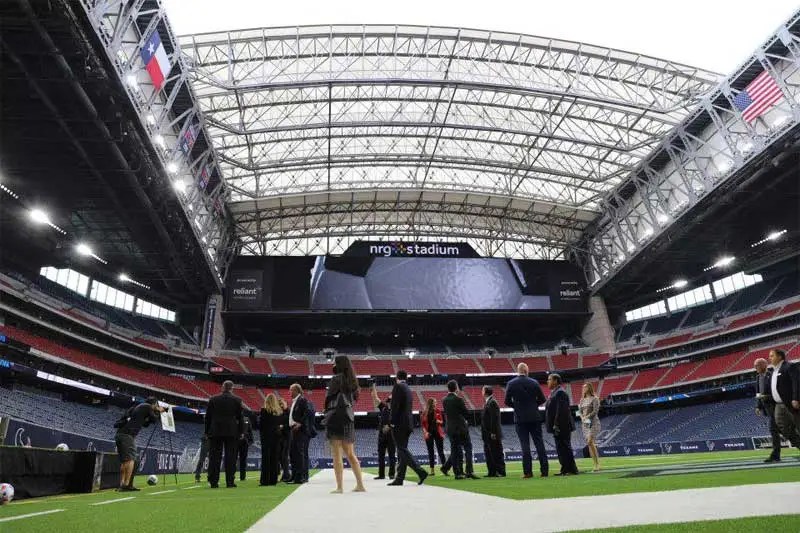
President of the Houston 2026 bid committee Chris Canetti remains confident that his city will be chosen as a host venue telling GamesBids.com “we think we have a very strong case and I think we are clearly one of the top 10 cities.”
In 2018 Canetti left his roles as President of the Houston Dynamo of the MLS and the Houston Dash of the NWLS to lead the Houston bid. He believes Houston is uniquely suited to host the event.
“We have hosted more major sporting events than any other candidate city since 2004 from NFL Super Bowls to NCAA Final Fours, All-Star games, major world soccer events, so we’ve got this been-there-done-that resume,” Canetti said during a Zoom call.
Houston’s 72,000 seat NRG Stadium is the bid’s proposed venue and Canetti believes this modern, climate controlled facility with a retractable roof will provide FIFA with the most ideal conditions to present tournament matches. Other metrics highlighted by the bid’s president include the availability of two world-class airports in the nation’s fourth largest city by population which he describes as the most diverse community in North America.
FIFA elected the Canada-Mexico-United States World Cup bid when the so-called United 2026 project defeated its only rival Morocco 134-65 at the organization’s annual congress held in Moscow in 2018. The 2026 tournament will be the first under a newly expanded format that will increase participation from 32 to 48 teams and total matches from 64 to 80. Canada and Mexico are expected to host 10 matches each while the United States will stage the remaining 60.
Only two cities remain in the running in Canada with both Edmonton and Toronto expected to stage matches. In Mexico Guadalajara, Mexico City and Monterrey are the proposed hosts. But in the United States it is expected that six cities will be cut to narrow the 17 candidates to 11. Los Angeles, proposed to stage the final match in its new multi-billion dollar SoFi Stadium, is the only lock.
That leaves New York, Washington D.C., Dallas, Kansas City, Denver, Baltimore, Atlanta, Philadelphia, Nashville, Seattle, San Francisco, Boston, Cincinnati, Miami, Orlando – and Houston to battle for the remaining positions. FIFA visited the hopeful cities late last year with Houston receiving a delegation in October.
Canetti was reluctant to describe the process as a competition or a race, instead explaining that “each city has been trying to be most compliant.” But it’s difficult to ignore Houston’s intense state rivalry with Dallas, the only Texas city to host matches during United States’ 1994 FIFA World Cup. Dallas boosters point to their newer and bigger AT&T Stadium as a plus in a possible state showdown. Nothing suggests FIFA won’t choose both cities, but they may want to spread the opportunity around.
So Canetti has a long list of differentiators that make Houston stand out, with most focusing on legacy.
“If Houston is awarded, the opportunities are just numerous, the sky will be the limit,” he said.
“This is a big area, Houston is a big city with 7 million citizens. We will try to make an impact in a wider region.
“Growing the game is based on a lot of different things but we want to focus on participation in areas where kids don’t have access particularly. We want to create more opportunities to girls.
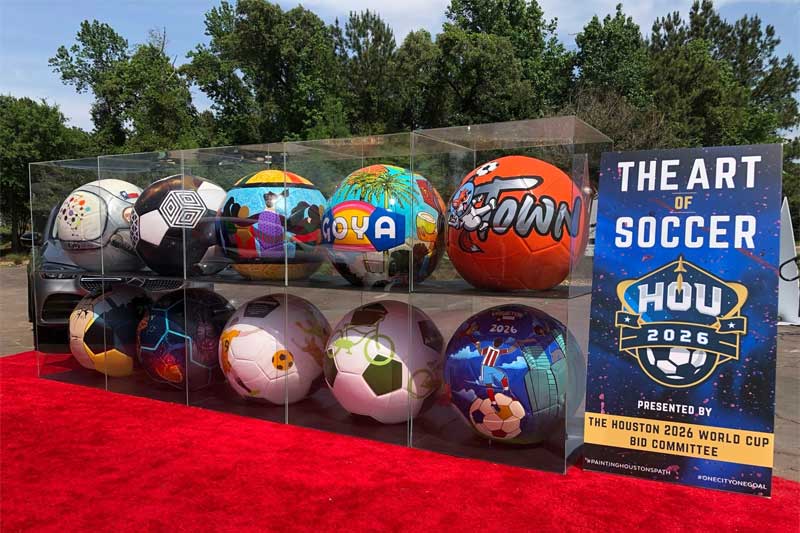
“We already have a legacy strategy built around that and we are working with the U.S. Soccer Foundation to build 30 mini-pitches here in the Houston area.
“We’re more than words, we’re actually action. We’ve gone out and raised some funding to make these things happen and its all part of our interest in showcasing how Houston can mobilize, invest and commit to things in a big way and showing that we are all united in this World Cup bid as a city.
Canetti said that his city can organize events better and more efficiently because of the way it is structured to deliver services including transportation and security.
“It’s and advantage as a city because it all falls under one umbrella,” he explained.
“It’s why promoters bring their events here, because we’re east to work with, because we can pull everything together under one umbrella.
“We think that hosting the World Cup here is about using it as a platform to help make Houston a better place.”
Qatar is set to host the 2022 World Cup in November and December.
